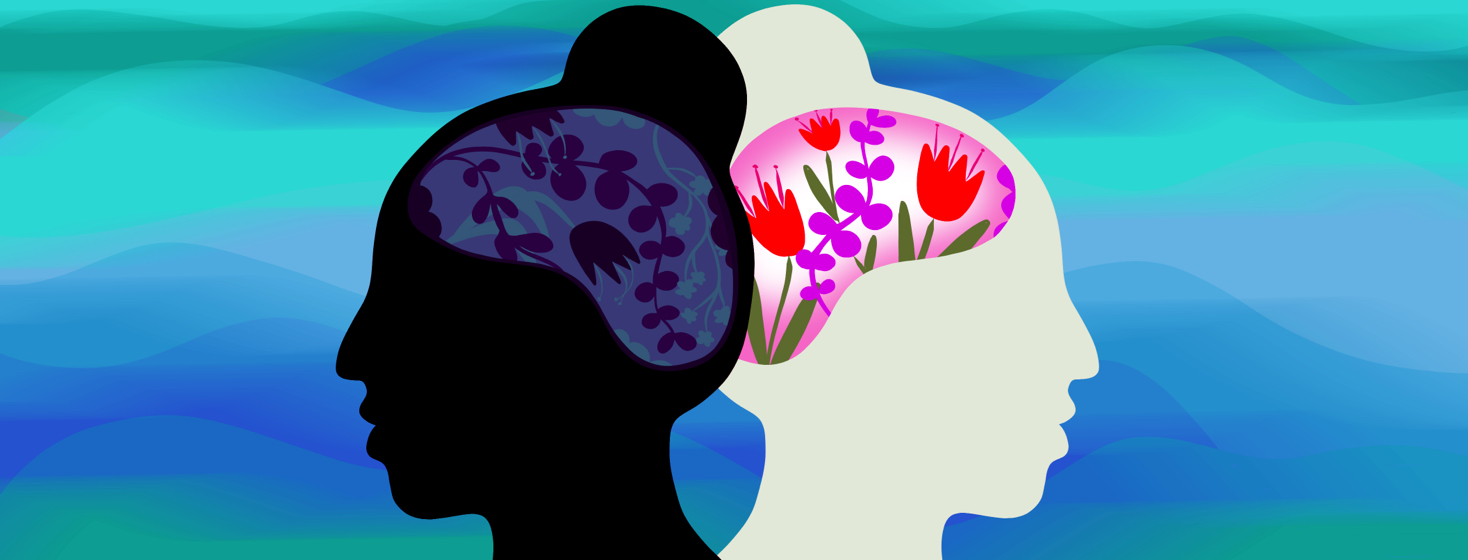“You Used to Be So Happy” - My Emotional Journey With MS
I believe I have dealt with a form of depression my whole life. I only called it something different back then. I called them “funks” and treated them like a menstrual cycle. A “funk” would appear, and I felt sad. The wrong song playing on shuffle could lead to a breakdown; no exact reason for my tears. It felt like I was crying for every moment of sadness, every loss, failure, and moments of insecurity. I cried with all my might until I was done. Then as quickly as it came, it was gone until my next episode. I may have had my definition of depression incorrect, but those “funks” were not the average teenage angst.
Outside of these moments, I was an overall delighted teenager and young adult. Always joking around and laughing, the comedy continues to be a coping mechanism for me.
Emotional changes and challenges with MS
But, MS is unfamiliar territory that I cannot navigate. There is nothing funny about this disease. Frankly, I do not have the energy most days to be funny. My favorite phrase now is, “I do not have the bandwidth for this.” I have to concentrate on staying awake long enough to function. Or combat the other shopping list of symptoms I have. Nothing compares to the level of sadness I feel now maneuvering through MS. The uncertainty and fear alone are enough to destroy someone’s spirit.
Anger and more
I am struggling to cope with my “new normal” and balance my life. I have tons of anger and resentment. I’m angry at how much life has changed. I question God and why I was cursed with this horrible disease. The most straightforward task takes so much more effort, constantly exhausted and emotionally vulnerable.
The need for therapy
Where does that leave me? I am working through my emotions by seeking therapy. Acceptance is a long, complex process. Though, I hate feeling all of these emotions. I needed to hit this low. I have struggled with depression for years. MS has made my depression even worse. I am optimistic that therapy will be my missing piece.
My source of happiness
But, I have found happiness from all of this. I LOVE supporting others and working towards a goal. My goal is representation! Representation is SO IMPORTANT to me now! I understand the value and how it provides comfort for others. Showing them, they are not alone. If I had what I am trying to create when I was initially diagnosed, I wouldn’t have felt lost.
Sharing the reality
This is why I continue to share good and bad days. Both are there, and both are important. Every bad day, I know a good one is coming soon, making me appreciate the good days, even more, when I have them. Saying MS being a journey is an understatement - it has become a way of life. Though I am down now, I know better is to come.

Join the conversation